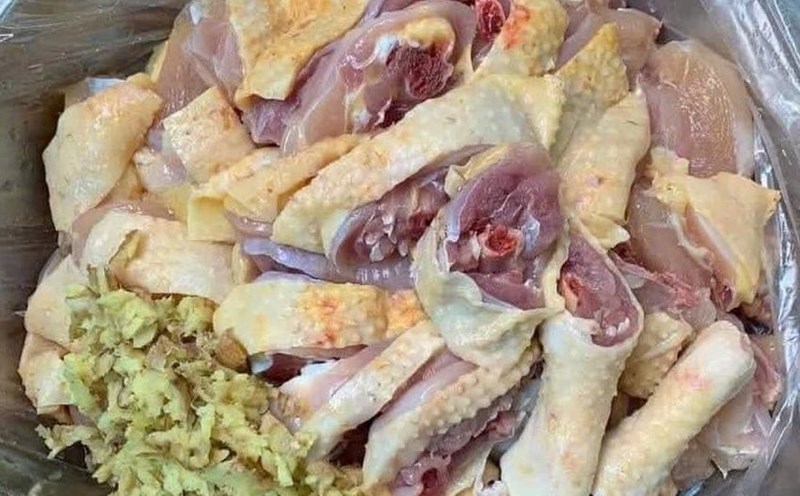unsalted sunflower seeds: A rich source of vitamin E - a fat-soluble antioxidant that helps protect liver cell membranes from damage caused by free radicals.
According to research by the Mayo Clinic, supplementing foods rich in vitamin E can help reduce inflammation and improve liver enzymes (ALT, AST) in patients with non-alcoholic fatty liver disease (NAFLD).
When snacking, you should choose unsalted sunflower seeds or spices to avoid affecting blood pressure and cardiovascular health.
Greek yogurt: Contains high levels of probiotics, especially Lactobacillus and Bifidobacterium - which have been shown to help maintain the balance of the intestinal microflora, aid digestion and reduce intestinal inflammation.
According to the American Gastroenterological Association (AGA), using naturally fermented yogurt every day helps reduce symptoms of digestive disorders and enhances indirect liver enzym activity through the intestinal axis-gan.
Yogurt also provides high-quality protein, calcium and less sugar than regular yogurts.
Avocado: A rich source of monounsaturated fat (MUFA) - good for the heart and liver. Not only that, avocado also contains glutathione, an important compound that helps enhance the ability to detoxify liver cells.
Glutathione in avocado helps reduce liver damage caused by oxidative stress and helps improve liver function in people with a history of fatty liver. A slice of whole-wheat banh mi with butter can become a snack that is both delicious and beneficial for the liver.
Submerged chia seeds: Chia seeds contain soluble fiber, which helps slow down the absorption of sugar and fat, while creating a gel to support bowel movements. When soaked in water, chia seeds expand and act as a mild cleanser for the intestines.
Supplementing chia seeds twice a day for 8 weeks helps improve blood lipids, supports reducing fatty liver and increases fat metabolism in the liver. This is an ideal snack for mid-morning or before dinner.
Ripe papaya: Contains papain enzyme that helps break down proteins, aids digestion better, and is rich in vitamin C, beta-caroten and flavonoids - powerful antioxidants that help clean liver cells.
Eating 150g of ripe papaya per day for 6 weeks can significantly improve bloating and indigestion and help reduce mild hepatitis thanks to its natural antioxidant activity.











